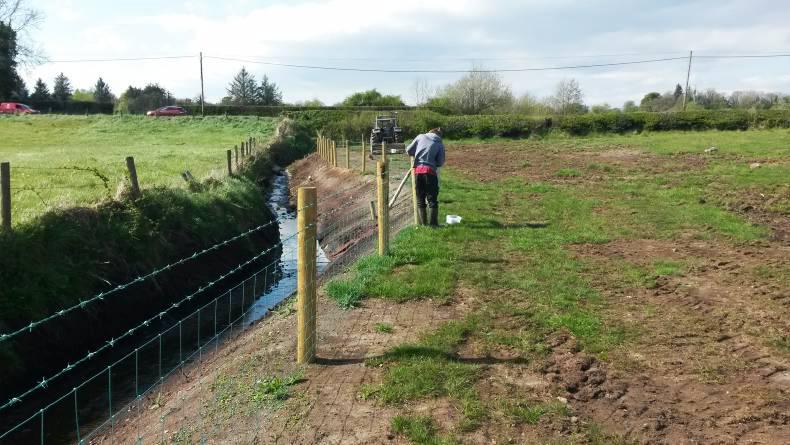As highlighted last week, access to labour for agri food processors is an issue of growing concern. In the last 12 months, a stronger euro against sterling has made it less attractive for EU nationals to work here.
Add in the uncertainty that comes with Brexit, more EU nationals are opting to work south of the Irish border, or alternatively make the return journey home.
It means that more companies could be forced to look outside of the EU for a workforce employed in short contracts, at peak times.
Factory environment
While working in a factory environment is challenging, the industry can also do more to promote itself to young people. For those with the right attitude and motivation, there are good opportunities to learn and to progress. Many successful people in the industry started life on the factory floor.
However, it is not just in processing where a shortage of labour exists, many larger farms are experiencing similar problems.
The message to farmers is often one of increasing efficiency and maximising output per hectare. Some processors, particularly in the dairy sector are incentivising farmers to produce more. But there is also an important work-life balance to be struck and sometimes we have to accept that it isn’t practically possible to utilise every last blade of grass or keep any more cows.
Farming industry needs to be open-minded
The farming industry also needs to be more open-minded to new ways of working to effectively utilise labour, such as partnerships or share-farming arrangements.
That includes older farmers without a successor.
When they take a step back, the preferred option seems to be to let the land out in conacre or a low-input set-stocked system of cattle production. The farm invariably gets run down.
A partnership with a young person looking to pursue a career in farming could be a better scenario. The new land mobility programme manager, John McCallister, has an important job to do when he gets started next month.
Read more
One third of NI farmers work off-farm
Dairy worker programme begins
As highlighted last week, access to labour for agri food processors is an issue of growing concern. In the last 12 months, a stronger euro against sterling has made it less attractive for EU nationals to work here.
Add in the uncertainty that comes with Brexit, more EU nationals are opting to work south of the Irish border, or alternatively make the return journey home.
It means that more companies could be forced to look outside of the EU for a workforce employed in short contracts, at peak times.
Factory environment
While working in a factory environment is challenging, the industry can also do more to promote itself to young people. For those with the right attitude and motivation, there are good opportunities to learn and to progress. Many successful people in the industry started life on the factory floor.
However, it is not just in processing where a shortage of labour exists, many larger farms are experiencing similar problems.
The message to farmers is often one of increasing efficiency and maximising output per hectare. Some processors, particularly in the dairy sector are incentivising farmers to produce more. But there is also an important work-life balance to be struck and sometimes we have to accept that it isn’t practically possible to utilise every last blade of grass or keep any more cows.
Farming industry needs to be open-minded
The farming industry also needs to be more open-minded to new ways of working to effectively utilise labour, such as partnerships or share-farming arrangements.
That includes older farmers without a successor.
When they take a step back, the preferred option seems to be to let the land out in conacre or a low-input set-stocked system of cattle production. The farm invariably gets run down.
A partnership with a young person looking to pursue a career in farming could be a better scenario. The new land mobility programme manager, John McCallister, has an important job to do when he gets started next month.
Read more
One third of NI farmers work off-farm
Dairy worker programme begins






 This is a subscriber-only article
This is a subscriber-only article









SHARING OPTIONS: